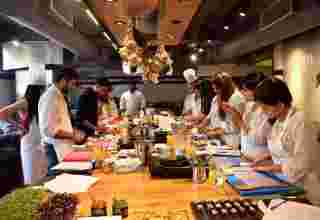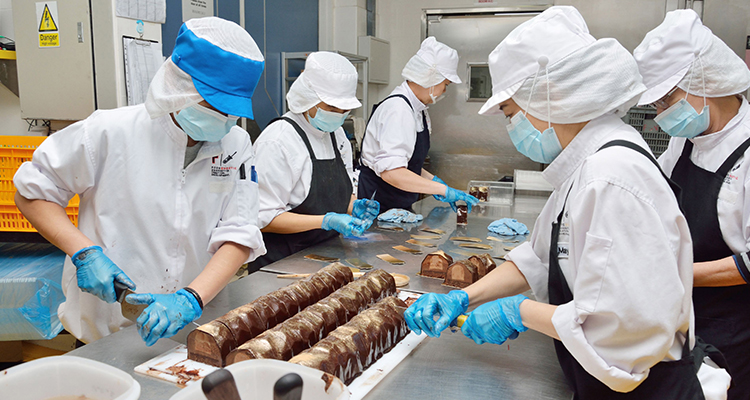Americans rely on farmers, ranchers and food processors to safely produce the foods we eat every day. Every vegetable, fruit, meat, beverage, and ingredient must be grown, harvested, processed, and shipped using safe methods that ensure they are free from foodborne pathogens. In fact, two hundred diseases ranging from diarrhea to life-threatening cancer can be traced to parasites and bacteria such as listeria, E. coli, norovirus, and salmonella. These and other pathogens can sometimes enter food products if the products are improperly handled at any stage of production.
The food chain is long and has many links. It is possible that contaminants that have already appeared on the farm where the grain was grown make their way onto the consumer’s plate. That’s why diligent farmers, operations managers, and entrepreneurs follow best practices to ensure food safety, such as:
- All employees are adequately trained in proper personal hygiene, food preparation and storage, cleaning of equipment, waste disposal and disinfestation.
- Appropriate environmental hygiene measures to ensure that products and chemicals used in production do not contaminate finished products.
In an industry that feeds a country of 325 million people, ensuring food security is everyone’s responsibility. See the attached resource for more information.
This infographic was created by Key Technology, a provider of nut sorting machinery


















